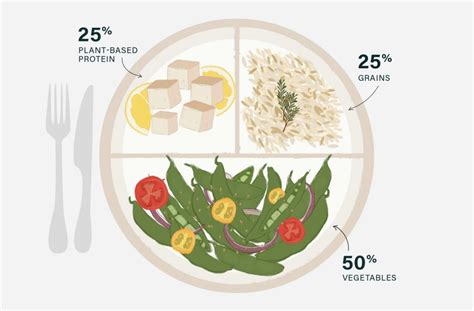Optimize T-levels: daily habits for men’s peak performance?

Testosterone, often heralded as the cornerstone of male vitality, plays a pivotal role far beyond muscle mass and sex drive. Optimal T-levels are crucial for energy, mood stability, cognitive function, bone density, and overall metabolic health. For men striving for peak performance in all aspects of life, understanding and implementing daily habits to naturally support healthy testosterone production is not just beneficial, it’s essential. Low testosterone, a common concern as men age, can lead to a host of undesirable symptoms, but proactive lifestyle choices can make a significant difference.
The Cornerstone: Strength Training & Activity
Regular physical activity, particularly resistance training, is one of the most powerful natural testosterone boosters. Lifting weights stimulates the production of growth hormone and testosterone, directly impacting muscle repair and synthesis. Aim for 3-5 sessions per week, focusing on compound movements like squats, deadlifts, bench presses, and rows, which engage multiple muscle groups and elicit a stronger hormonal response. High-intensity interval training (HIIT) also shows promising results for T-level optimization due to its intense, short bursts of effort followed by brief recovery periods. Beyond structured workouts, simply staying active throughout the day, avoiding prolonged sitting, and incorporating activities like brisk walking or cycling can contribute to better hormonal health.

Fueling Your T-Levels: Nutrition Essentials
Your diet is a direct determinant of your hormonal balance. To optimize testosterone, focus on a diet rich in whole, unprocessed foods. Adequate protein intake is vital for muscle maintenance and repair, but don’t overlook healthy fats. Monounsaturated and saturated fats, found in foods like avocados, nuts, olive oil, and organic meats, are precursors to testosterone production. Crucial micronutrients also play a significant role: zinc (found in oysters, beef, pumpkin seeds), Vitamin D (from sunlight exposure and fatty fish), and magnesium (in leafy greens, nuts, and seeds) are all directly linked to testosterone synthesis. Conversely, limit processed foods, excessive sugar, and alcohol, as these can negatively impact hormonal balance and lead to inflammation.

The Power of Rest: Sleep Optimization
Poor sleep is a silent killer of testosterone. The majority of your body’s testosterone is produced during sleep, particularly during deep REM cycles. Chronic sleep deprivation (less than 7-9 hours per night) can significantly lower T-levels, even in young, healthy men. Prioritize sleep by creating a consistent sleep schedule, ensuring your bedroom is dark, cool, and quiet, and avoiding screens and caffeine before bedtime. Implementing a calming evening routine, such as reading or a warm bath, can also signal to your body that it’s time to wind down and promote deeper, more restorative sleep.

Taming the Beast: Stress Management
Chronic stress elevates cortisol, a hormone that has an inverse relationship with testosterone. When cortisol levels are high for extended periods, testosterone production tends to dip. Managing stress effectively is therefore critical for hormonal health. Incorporate stress-reducing practices into your daily routine: mindfulness meditation, deep breathing exercises, yoga, spending time in nature, or engaging in hobbies you enjoy. Disconnecting from work and digital devices regularly can also help reset your nervous system and bring cortisol levels back into balance, allowing your body to focus on producing vital hormones like testosterone.

Lifestyle Adjustments for Hormonal Harmony
Beyond the core pillars of exercise, nutrition, sleep, and stress, several other lifestyle factors can influence your T-levels. Limiting exposure to endocrine-disrupting chemicals found in plastics (BPA), certain pesticides, and personal care products can prevent external interference with hormone production. Regular, safe sunlight exposure helps boost Vitamin D levels, which, as mentioned, is crucial for testosterone. Maintaining a healthy body weight is also key; excess body fat, especially around the midsection, can increase estrogen production and lower testosterone. Consistency across all these habits is paramount; optimizing T-levels is a marathon, not a sprint, requiring dedication and sustained effort.

Conclusion
Achieving and maintaining optimal testosterone levels is well within reach for most men through consistent, healthy daily habits. By committing to regular strength training, fueling your body with nutrient-dense foods, prioritizing quality sleep, effectively managing stress, and making smart lifestyle choices, you can naturally enhance your body’s hormonal balance. The result isn’t just higher T-levels, but a holistic improvement in energy, mood, performance, and overall well-being, paving the way for a life of peak performance.









